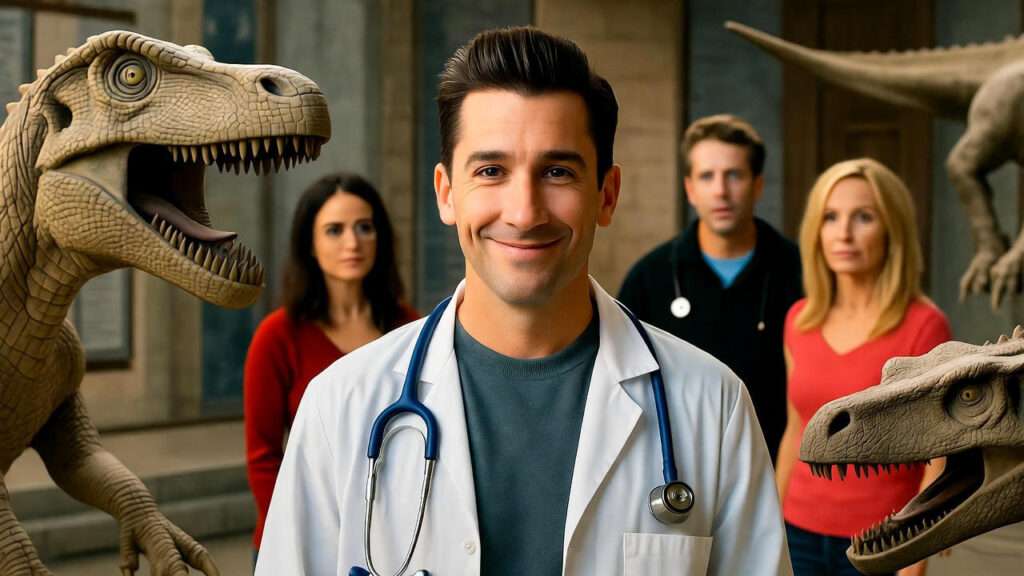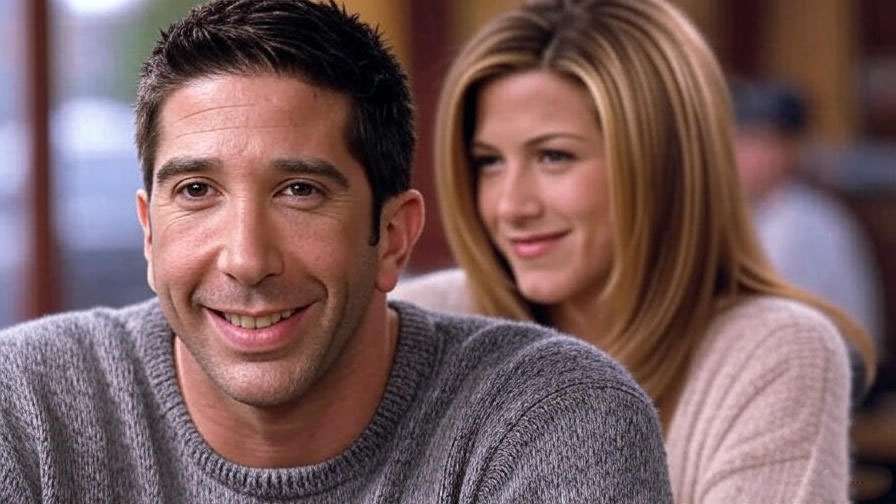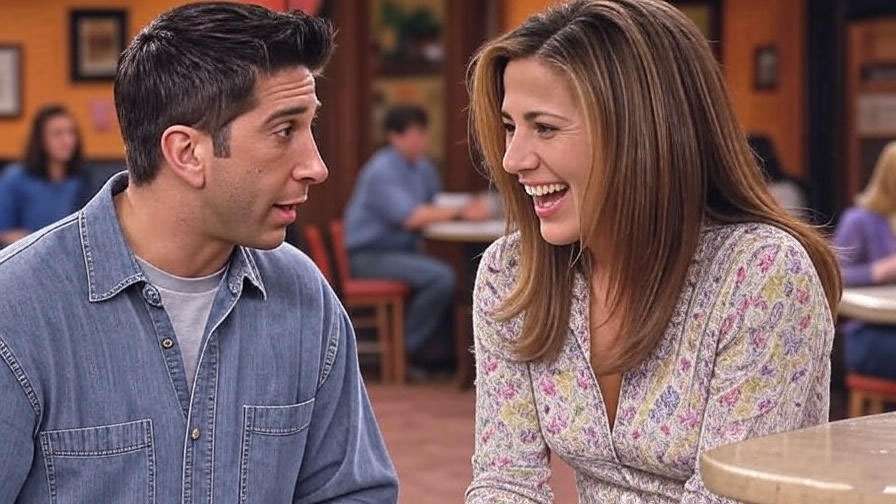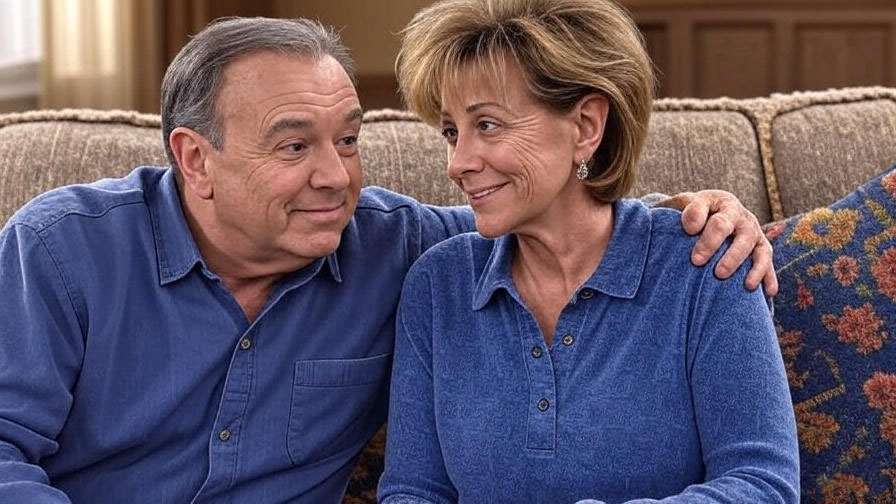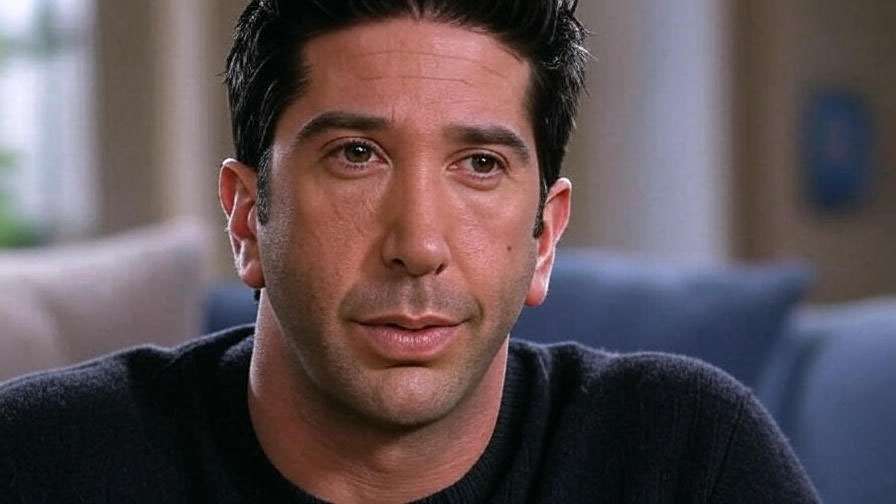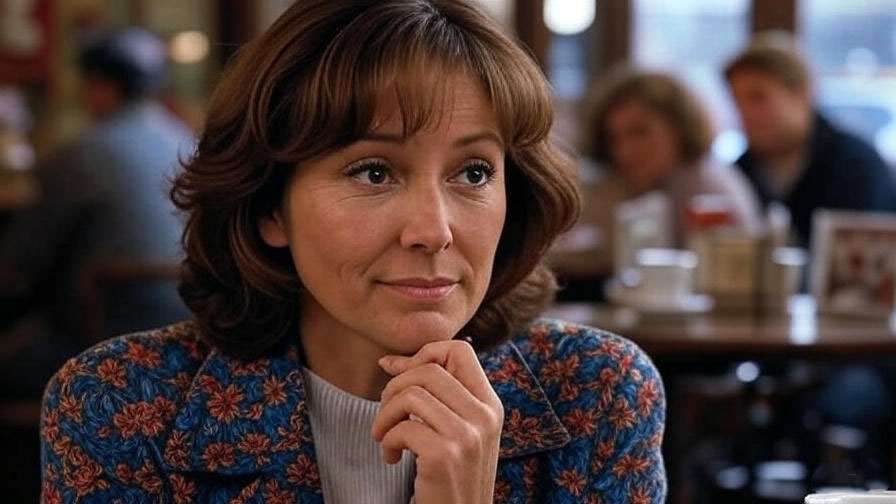From the very first episode of Friends, Ross Geller stood out as the lovable, nerdy paleontologist whose awkward charm and endearing quirks won the hearts of millions. Over ten seasons, audiences watched as Ross navigated complicated relationships, career challenges, and personal insecurities. If you’ve ever wondered how Ross grow throughout the series—from an anxious, sometimes self-centered young man into a more mature, emotionally aware individual—this article offers the ultimate deep dive.
In this comprehensive analysis, we’ll explore Ross’s emotional development, professional evolution, and relational growth, highlighting the key episodes and moments that define his journey. By the end, you’ll understand why Ross Geller remains one of the most relatable and beloved characters in television history—and what fans can learn from his evolution.
Who Is Ross Geller? Setting the Stage
Before analyzing Ross’s growth, it’s crucial to understand the character’s foundation. Ross, portrayed by David Schwimmer, is more than just Monica Geller’s older brother or Rachel Green’s on-again, off-again love interest. He is a character built with layers of intellectual curiosity, emotional complexity, and comic timing.
1.1 Early Personality Traits
At the start of the series, Ross is portrayed as:
-
Nerdy and intellectual: His deep passion for paleontology often makes him the butt of jokes but also underscores his dedication to his field.
-
Awkward and socially anxious: Early episodes show Ross struggling with casual interactions, particularly in romantic contexts.
-
Insecure and self-conscious: He frequently worries about how others perceive him, leading to humorous but telling moments that highlight his growth potential.
These traits set the stage for an evolution that would span the entire series. Ross’s initial awkwardness is not a flaw but a starting point for a compelling character arc.
1.2 Relationships and Social Standing
Ross’s early social life is a mix of friendships, romantic interests, and family connections. His closest bonds are:
-
With Monica: His sister, whose competitive and perfectionist nature contrasts with Ross’s intellectual focus. Their sibling dynamic adds both humor and depth to his character.
-
With Rachel: His unrequited love that evolves into a defining romance. Their relationship journey drives much of his emotional growth.
-
With Friends: His interactions with Chandler, Joey, and Phoebe reveal different sides of his personality—loyal, sometimes jealous, but always endearing.
These connections provide the backdrop for Ross’s growth, as each relationship teaches him lessons in patience, empathy, and self-awareness.

Ross’s Emotional Growth Throughout Friends
One of the most compelling aspects of Ross’s character is his emotional development. Over ten seasons, we see him move from insecurity and impulsiveness toward a more mature, emotionally resilient persona.
2.1 From Insecurity to Confidence
Early Ross often doubts himself—whether in dating, his career, or social situations. Episodes like “The One with the Prom Video” highlight his vulnerability and longing for acceptance. However, over time, Ross demonstrates:
-
Increased self-confidence: By later seasons, he navigates difficult situations, such as public arguments or career setbacks, with more poise.
-
Decision-making growth: His ability to handle relationship dilemmas, like co-parenting Emma, shows a clear evolution in emotional intelligence.
This transformation is gradual and realistic, mirroring the challenges real-life adults face when developing self-assurance.
2.2 Learning from Romantic Failures
Ross’s romantic life is famously turbulent, with his relationship with Rachel taking center stage. Yet, his numerous breakups, awkward confessions, and misunderstandings serve as growth opportunities:
-
From impulsive reactions to thoughtful communication: Initially, Ross reacts strongly to jealousy or perceived slights. Over time, he learns to approach romantic conflicts more rationally.
-
Emotional resilience: Each heartbreak teaches him patience and empathy, particularly in moments like the “We were on a break!” saga, where he learns the complexities of love, forgiveness, and accountability.
These lessons not only make Ross more relatable but also provide viewers with subtle life insights about handling love and disappointment.
2.3 Navigating Family and Friend Dynamics
Ross’s growth isn’t limited to romantic relationships; his interactions with family and friends showcase his emotional maturation:
-
With Monica: Their sibling bond evolves as they both face life changes, supporting one another without the early competitive tension.
-
With Chandler and Joey: Ross learns patience and tolerance, often stepping into mediating roles during conflicts.
-
With Phoebe: Her eccentric wisdom challenges Ross to think outside his logical framework, fostering empathy and openness.
By analyzing these dynamics, it’s evident that Ross’s emotional growth is interconnected with his social environment—making him a well-rounded and evolving character.

Career Growth and Personal Achievements
Ross’s professional journey is as significant as his emotional development. His career as a paleontologist provides insight into his growth, work ethic, and the importance of pursuing one’s passions.
3.1 Professional Evolution
From teaching at a university to presenting at the museum, Ross’s career milestones demonstrate dedication and ambition:
-
Early ambition: His passion for dinosaurs defines him, though it sometimes isolates him socially.
-
Mid-series growth: He balances career recognition with personal challenges, gaining credibility and self-respect.
-
Later achievements: Ross’s professional maturity mirrors his personal evolution, highlighting a character who grows through dedication and resilience.
3.2 Learning from Failures
Ross’s career isn’t without setbacks:
-
The infamous “Leather Pants” incident illustrates his human fallibility and willingness to laugh at himself.
-
Scientific presentations or research mishaps reflect the trial-and-error nature of personal and professional growth.
These moments reinforce that failure is not a limitation but a catalyst for improvement—a lesson that resonates with audiences.
3.3 Balancing Work and Personal Life
Ross’s journey also involves learning to integrate work, friendships, and parenting:
-
Co-parenting Emma teaches him responsibility and patience.
-
Managing friendships alongside career pressures highlights his evolving priorities and emotional intelligence.
Ross’s Growth in Relationships
Ross’s relationships are central to his character arc. From romance to friendship to family, his evolution in these areas demonstrates maturity, empathy, and emotional intelligence.
4.1 Romantic Relationships
Ross’s romantic journey is perhaps the most scrutinized aspect of his growth. While he initially struggles with jealousy, insecurity, and impulsive decisions, over time:
-
Patience and understanding improve: He learns to navigate the complexities of dating with more thoughtfulness.
-
Emotional accountability grows: Ross begins to acknowledge his mistakes, such as misunderstandings in his relationship with Rachel, reflecting a deeper sense of responsibility.
-
Communication skills develop: His later interactions with Rachel and other partners showcase a willingness to listen, compromise, and respect boundaries.
Notable episodes highlighting romantic growth include “The One with the Jellyfish” and “The One Where Ross and Rachel Take a Break”, where Ross learns that love requires emotional intelligence, forgiveness, and self-awareness.
4.2 Friendship Growth
Ross’s friendships provide key insights into his personal evolution:
-
Loyalty and support: He becomes a more dependable friend, often acting as a mediator during conflicts among the group.
-
Conflict resolution: Ross learns to handle disagreements with Chandler, Joey, and Phoebe constructively, demonstrating maturity.
-
Mutual growth: Through interactions with his friends, Ross becomes more flexible, empathetic, and socially aware.
Episodes like “The One with All the Thanksgivings” and “The One with the Morning After” show how his friendships are both a mirror and a catalyst for personal growth.
4.3 Family Growth
Ross’s relationship with his family, particularly Monica, evolves significantly:
-
Sibling support: Over time, Ross moves from playful competitiveness to genuine understanding and encouragement.
-
Parenting and co-parenting lessons: Raising his daughter Emma with Rachel teaches him patience, selflessness, and the importance of communication.
-
Family-centered priorities: His decisions increasingly consider the well-being of his loved ones, highlighting his growth from self-centeredness to empathy.
Ross’s family interactions underscore the idea that growth often stems from learning to balance personal desires with the needs of others.

Key Episodes That Define Ross’s Growth
Certain episodes serve as milestones in Ross’s development. Highlighting these moments provides concrete examples of his evolution:
5.1 Emotional Maturity Milestones
-
“The One with the Prom Video”: Ross’s vulnerability and enduring love for Rachel are on full display.
-
“The One Where Ross Finds Out”: Confronting his feelings for Rachel shows emotional courage.
5.2 Career and Personal Development Episodes
-
“The One with the Cop”: Ross navigates public embarrassment with grace.
-
“The One with the Holiday Armadillo”: Balances professional and personal responsibilities while engaging with his friends and family.
5.3 Lessons in Relationships
-
“The One with Ross’s Sandwich”: Teaches about managing emotions and patience in frustrating circumstances.
-
“The One Where Ross Got High”: Demonstrates accountability and the ability to confront past mistakes.
These episodes collectively highlight how Ross’s experiences, both triumphs and failures, contribute to his character growth.

Lessons Fans Can Learn from Ross’s Growth
Ross Geller’s journey is more than entertainment—it offers valuable insights for viewers navigating their own lives:
6.1 Emotional Resilience
-
Embrace setbacks as learning opportunities.
-
Practice self-reflection and growth after conflicts.
6.2 Balancing Career and Personal Life
-
Dedicate yourself to passions while maintaining meaningful relationships.
-
Learn from mistakes to improve professionally and personally.
6.3 Learning from Failures
-
Ross’s missteps, like the infamous leather pants incident, remind us that failure is part of life.
-
Growth comes from recognizing mistakes and adapting.
6.4 Growth Through Relationships
-
Romantic and familial relationships teach patience, empathy, and communication.
-
Healthy friendships foster mutual growth and understanding.
By reflecting on Ross’s evolution, fans gain practical lessons about self-improvement, resilience, and emotional intelligence.

FAQs About Ross’s Growth
Q1: Did Ross really change over the 10 seasons?
Yes, Ross transforms from an awkward, insecure young man into a more confident, emotionally intelligent adult. His growth is gradual and realistic, making him relatable to viewers.
Q2: What is Ross’s biggest personal growth moment?
Co-parenting his daughter Emma with Rachel is arguably Ross’s most significant milestone, highlighting maturity, patience, and responsibility.
Q3: How did his career evolve throughout the series?
Ross progresses from a passionate yet socially awkward paleontologist to a respected academic and mentor, balancing personal challenges with professional achievements.
Q4: What can fans learn from Ross about love and friendship?
Ross teaches the importance of emotional resilience, accountability, and empathy in both romantic and platonic relationships.
Conclusion
Ross Geller’s journey on Friends is a masterclass in character development. From his early insecurities to his eventual emotional and professional maturity, Ross exemplifies resilience, growth, and the power of learning from life’s challenges. His relationships, career milestones, and personal struggles collectively shape a character who is both relatable and aspirational.
For fans revisiting the series, examining Ross’s evolution offers a new perspective—one that combines laughter, nostalgia, and life lessons about love, friendship, and personal growth. Ultimately, Ross Geller’s growth is a testament to the enduring appeal of Friends and the depth of its character storytelling.

